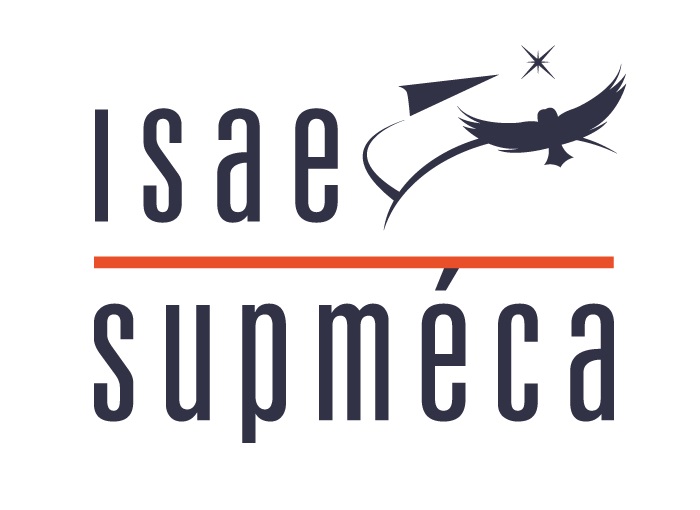Maintenance in Operational Conditions,Obsolescence,Reliability,Maintainability,
Thesis topic of KARAANI Sahar and these.fr
Abstract :
By articulating technical, operational and economic imperatives, the aim of MCO is to ensure the operational availability of systems with the highest possible efficiency/support cost ratio, by reducing the effects of their operation (management of failures and consumable needs), the effects of ageing and the failure to meet initial or new requirements (e.g. insufficient reliability or new regulatory requirements). The MCO thus provides continuous logistical and technical support to the systems. When these systems underwent adaptations and configuration changes to meet the constant changes in requirements from the design phase of their life cycles, the adjustment of the MCO was mainly based on the efforts put into the maintenance function and in particular the reliability approach, without neglecting the associated logistic imperatives. Today, the escalation in the number of obsolescences and the scarcity of components, technologies and resources required for systems make them "Faillibles" and make their MCO extremely "fragile". Traditional techniques are no longer sufficient to contain the risks of failure and cost explosion during the operating, reconfiguration and end-of-life phases of these systems. Indeed, systems with regularly obsolete or outdated components are in a new state of "fallibility" bringing vulnerability without failure or potential life cycle problems. The density of electronics and software in these systems is a major factor in the effects of obsolescence but not the only one. We postulate that this system fallibility produced by obsolescence and the scarcity of components or technologies, must be addressed in MCO with new approaches and techniques
Supervision :
Under supervision of Prof Marc ZOLGHADRI (ISAE-Supméca) and
MCF Mariem BESBES (ISAE-Supméca)



